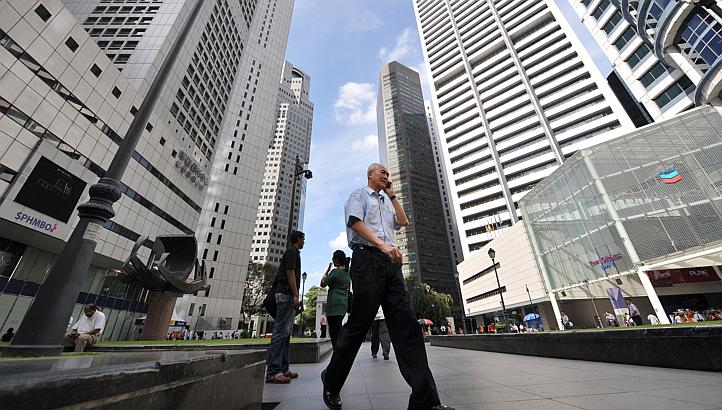The National Wages Council (NWC) said today (October 16) that companies that have already exhausted cost-saving measure should implement temporary wage cuts to minimise retrenchments.
The tripartite group said that pay cuts should depend on the performance and outlook for the company as well as the industry it is in.
Companies should also seek employees’ support before implementing the wage cuts and only make reductions in the event they are necessary to prevent retrenchment.
Employees should also be informed on how wages will eventually be restored, and management should lead by example and take earlier and deeper cuts to their wages.
Sustaining Businesses And Saving Jobs

The updated guidelines will apply from November 1 to June 30 next year.
The guidelines were updated to keep businesses afloat and minimise retrenchments.
Though the guidelines are not compulsory, they have been accepted by the government after the council convened for the second time this year.
NWC is made up of representatives from businesses, unions and the Government, and usually meets once a year. However, in light of the challenging economic situation, a second meeting was held.
National Trades Union Congress president Mary Liew said that there was a need for “more drastic, immediate measures”, after efforts to retain and redeploy existing workers have already been exhausted.
Guidelines For Wage Cuts
When implementing wage cuts, employers should adopt the Flexible Wage System.
A flexible wage is one that has a sizeable variable component that allows companies to quickly adjust wages in the event of severe economic downturns.
Under the system, variable components should make up 30 per cent of the annual wage package for rank-and-file workers, 40 per cent for middle management and 50 per cent for senior management.
However, the council did not set a quantum for the wage.
Furthermore, the council called for special consideration to be given to low-wage workers. It said that employers should implement a wage freeze for workers who earn a basic monthly wage of S$1,400 or below.
“There was a lot of give and take and, very importantly, a lot of trust among the tripartite partners to come up with solutions that are best not only for companies but also employees,” said Council chairman Peter Seah.
Featured Image Credit: Investvine










